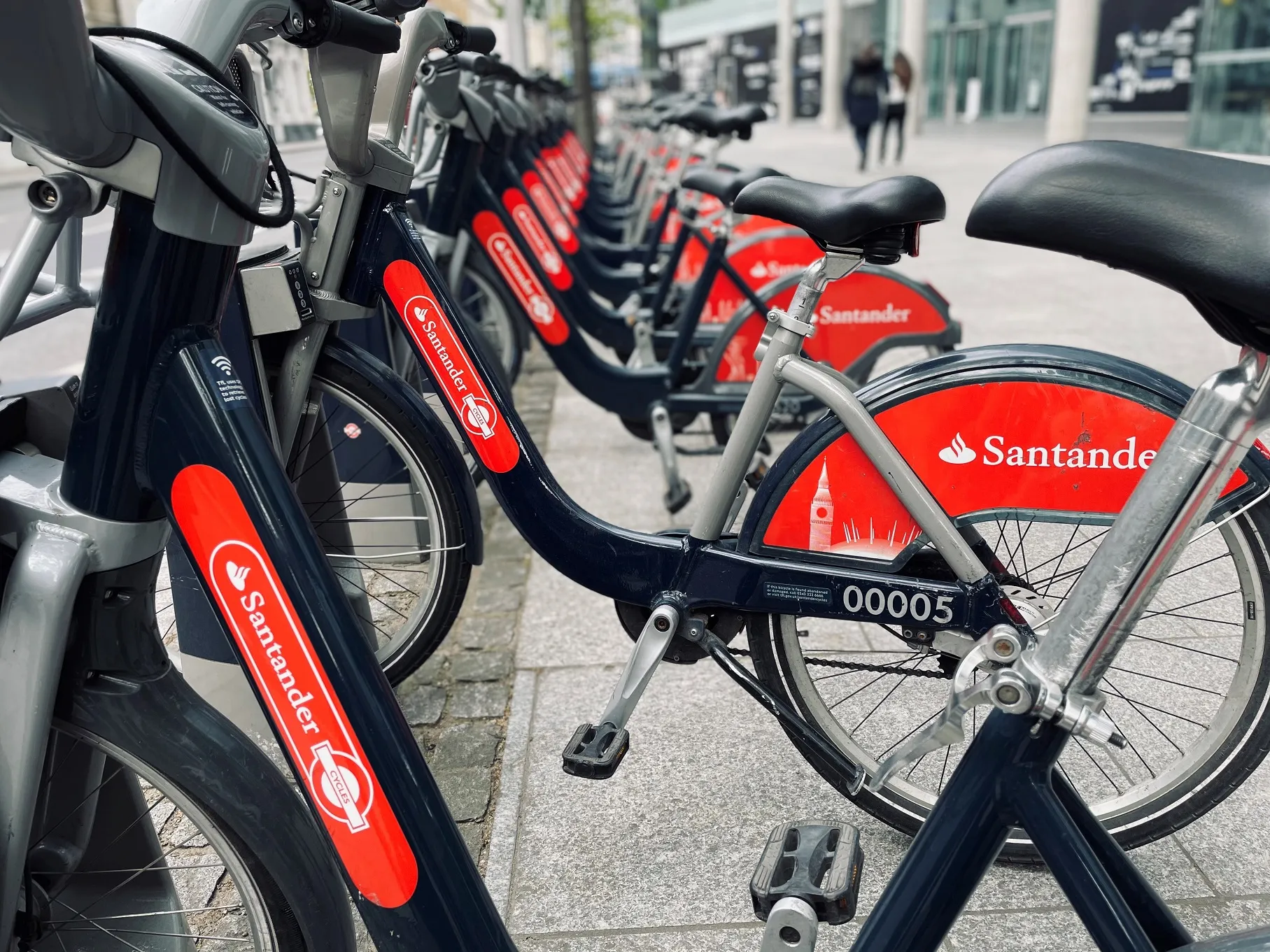
Residents of Moscow will soon be able to make money out of their own cars as part of a city-wide peer-to-peer car-share network.
Maksim Liksutov, the Russian capital’s deputy mayor for transport, explained: “You can rent out your car as a short-term rental service when you are not using it.”
A smartphone app, owned by the city government, will “carefully check users’ profiles” for driving experience – and the choice of who is then allowed to rent will be left to individual car owners.
Eight companies are already involved in car-share in Moscow: Delimobil, YouDrive, BelkaCar, Rentmee, Lifcar, Karusel, Yandex.Drive and Matreshcar.
The city says that, in the first half of 2019, Muscovites made more than 24 million trips in shared cars.
Moscow authorities are also working on the idea of using the app to make a single fare payment including other modes.
“For example, you take the metro, then the car sharing – and pay the total fare in the app,” said Liksutov. The authorities hope to implement this function in 2021.
He added that the city's Troika smart travel card will become personalised too: “Now your card will become truly yours, and if you lose it, you can easily restore the balance.”
In future, the Troika “will become virtual, and there will be no need to carry it".
Liksutov revealed that there are also plans to make payment available by facial recognition alone on the Moscow metro.
"We are actively engaged in setting up and testing and will try to create one turnstile with this function at every metro station in spring 2021”, he said.
"It sounds a little fantastic, but this is our immediate future. So far this technology has not been massively implemented anywhere in the world, and the Moscow Metro has every chance of becoming the first."








